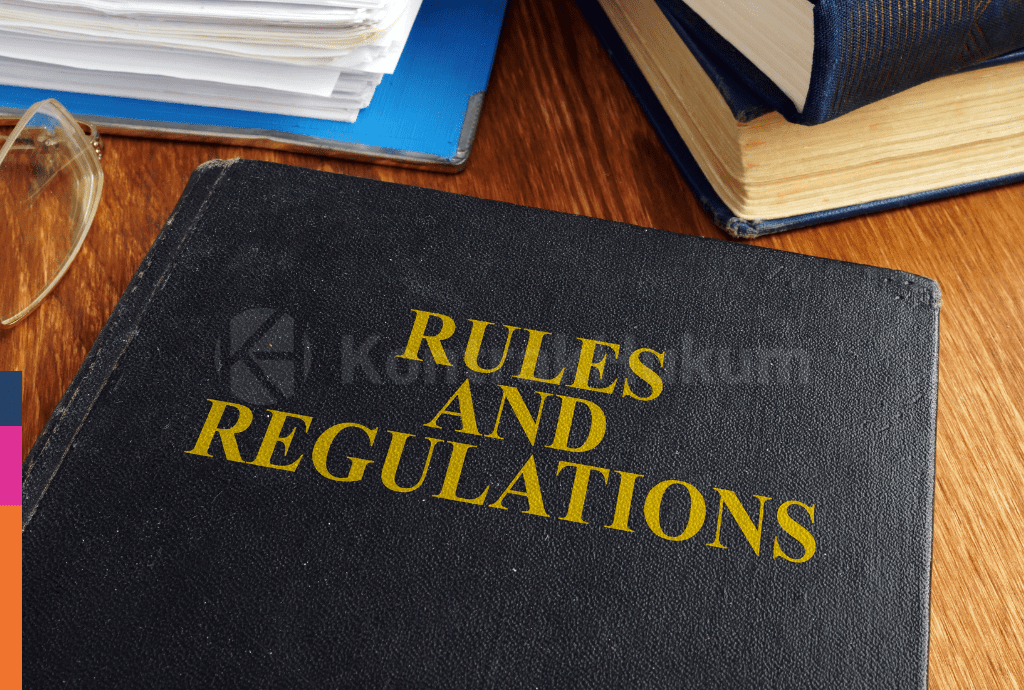
The Indonesian government through the Directorate General of Customs (DGCE) of the Ministry of Finance issued a regulation to support Micro, Small and Medium Enterprises (MSMEs) to enter the export market.
DGCE Technical Director of Customs, Fadjar Donny Tjahjadi said, this policy is contained in Minister of Finance Regulation (PMK) No. 96 of 2023 concerning Customs, Excise, and Tax Provisions on Imports and Shipment of Goods. This regulation was issued on 12 October 2023.
Donny explained that PMK 96/2023 not only regulates the provisions for importing goods to enter the e-commerce market, but also encourages the export of MSME groups.
"We regulate export activities because of the increasing cross-border trade through e-commerce, so we need to facilitate in accordance with our duties and functions to encourage exports, especially from MSMEs," said Donny, Thursday (12/10/2023).
With the existence of PMK 96/2023, Donny explained, the government wants to establish the same rules regarding the import and export of consignment goods.
MSME Export Provisions in the New Rule
As stated in Article 43 paragraph (1) of PMK 96/2023, where the export of consignment goods with a gross weight of less than 30 kg and exported by exporters who are not business entities will be reported through the submission of a consignment note (CN) by the postal operator to customs and excise officials at the customs office.
The same applies to imported goods notified with CN that will be re-exported.
"We do this to provide opportunities for MSMEs who want to carry out exhibition activities abroad. If the returned goods are small in quantity, less than 30 kilograms, we hope that when they are returned they can easily apply for import duty exemption, as long as the goods can be proven to be from Indonesia," said Donny.
The CN in question at least contains data elements of the number and date of identity of the consignment, the name of the means of transport, the voyage/flight number. The country of destination, the area of origin of the shipment, the gross weight, the cost of transport, and insurance if any.
In addition, the price of goods in the Free on Board (FOB) incoterm, method of delivery, currency, export duty payable if any, description of the quantity and type of goods, tariff post or HS code, and invoice number and date if the consignment is the result of a trade transaction.
Furthermore, the type, number, and date of the licensing document; the name and address of the sender of the goods; the telephone number of the sender of the goods if any, the Taxpayer Identification Number (NPWP) of the sender of the goods; the name and address of the recipient/buyer; the name and identity number of the Electronic Trading System Operator (PPMSE) for transactions at PPMSE; and the customs office for loading the export of consignments.
Meanwhile, for exports of consignments above 30 kg and exported by exporters who are recipients of bonded stockpile facilities, the exporter or postal operator submits a notification of export of goods.
The same thing also applies to export consignments by exporters who are companies receiving exemption and/or return facilities and imported goods notified with PIB / PIBK which will be re-exported.
Other Efforts to Facilitate MSME Exports
Minister of Cooperatives and SMEs Teten Masduki revealed that the government is targeting the contribution of national MSMEs at around 17 per cent by 2024.
Related to this, the government also continues to provide facilities to support efforts to increase exports of MSME products, one of which is the establishment of an export ecosystem.
In this ecosystem, MSME players can meet with aggregators supported by export financing institutions.
In addition, the government also continues to develop the capacity and export capabilities of MSMEs accompanied by assistance and standardisation facilitation. Other efforts include buyer mapping and market intelligence facilities for natural products to the European market.
The government also continues to expand the market through e-commerce platforms such as Shopee, Lazada, and Amazon, as well as the digital promotion catalogue of potential export MSMEs through the website https://smesta.kemenkopukm.go.id.
Not only that, in order to encourage increased exports, it is also necessary to strengthen domestic businesses and the availability of local products, one of which involves MSMEs which need to be supported by the government through the ease of business licensing.
The reason is that the long and complicated business licensing bureaucracy is one of the obstacles that many MSME players felt before the Job Creation Law.
Now, through a digital system, namely Online Single Submission (OSS), MSME players can obtain their business permits more quickly and easily, including fulfilling legality documents for product exports.
What are the Legality Documents for MSME Exports?
It should be noted that MSME players who want to export are required to have a business entity in the form of a Limited Liability Company (PT). This is in accordance with the Minister of Trade Regulation (Permendag) No 77/M-DAG/PER/12/2013.
After forming a PT, MSME players can then complete export legality documents, including:
- Trade Business Licence (SIUP) and Company Registration Certificate (TDP)
- Taxpayer Identification Number (NPWP)
- Customs Identity Number (NIK)
- Invoice
- Packing list
- Bill of lading issued by the shipping company (sea route) and airway bill (air)
In addition to export documents and legalities, there are several letters that are also needed before exporting products, including:
- Shipping instruction from exporter to shipping line
- Certificate of origin from the Regency/City Trade and Industry Office
- Certificate of analysis from the laboratory
- Certificate of phytosanitary from quarantine agency for plant products
- Additional documents as requested by the buyer
Source : kontrakhukum.com



National Economy
Regional Economy
National Economy
Regional Economy